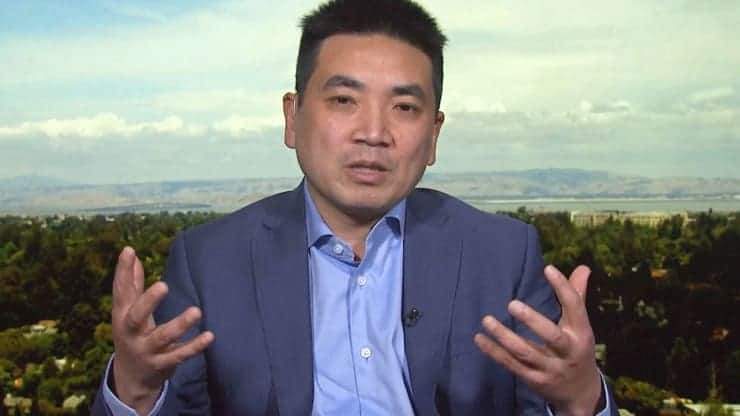Zoom will no longer allow Chinese government requests to impact users outside mainland China

Video-calling service Zoom said Thursday it will not comply with requests from the Chinese government to suspend hosts or block people from meetings if those people are not located in mainland China.
It’s Zoom’s latest reaction to pressure amid a surge of popularity this year as the coronavirus sent people home from school and work. First, Zoom faced concerns about security and privacy as issues like lewd interruptions to meetings and security vulnerabilities became apparent, and the company took steps to address them.
Earlier this month, U.S.-based civil-rights group Humanitarian China, founded by protest participant Zhou Fengsuo, said that the organization’s Zoom account was shut down following an event commemorating the 1989 protests in Beijing’s Tiananmen Square, which the Chinese government forbids citizens from observing. On Wednesday, Zoom acknowledged it had shut down the account, then later reinstated it.
The company explained in a blog post Thursday that its action “fell short,” and offered more details about what happened.
In May and early June, the Chinese government alerted the company to four Tiananmen Square-related meetings and told Zoom to shut down the meetings and the accounts hosting them. The company saw that some of the meetings had attendees in mainland China, so it ended three of the four meetings and suspended or shut down the accounts that had hosted them.
But not all of the attendees or hosts were located on the Chinese mainland. So Zoom reinstated the accounts for two hosts based in the U.S. and one in the Hong Kong special administrative region. It also admitted it was wrong to end the meetings entirely, even for users who were not in mainland China, but that it currently lacks technology to block individual users based on geography.
Zoom is now building technology that can remove or block people based on country, which could help the company meet government requests without overreaching.
“We are improving our global policy to respond to these types of requests. We will outline this policy as part of our transparency report, to be published by June 30, 2020,” the company said.
Zoom itself is based in the Silicon Valley city of San Jose, California, and CEO Eric Yuan is a U.S. citizen.
Last week Yuan said that the company wants to work the FBI if people use Zoom with malicious intent and that Zoom wouldn’t want to provide end-to-end encryption to people who use the service without paying for it.
Zoom shares are up 226% so far this year as usage swelled alongside competing services like Cisco’s Webex, which Yuan once worked on. Zoom’s revenue grew 169% on an annualized basis in the quarter that ended on April 30.
Photo: Eric Yuan, CEO, Zoom Video CommunicationsSource: CNBC




